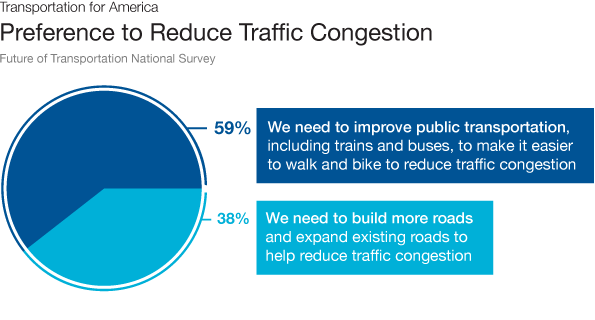Will trucking in the United States suffer because Ray LaHood wants to focus on alternate transportation? Should it?
The Infrastructurist pulls from the American Trucking Association Blog:
Economic catastrophe aside, the trucking industry’s argument centers around the use of TIGER funds, which they worry will be diverted to new bike lanes instead of projects with “national importance” (aka highways). “Secretary LaHood’s comments suggest that an important sector of our economy will suffer in order to boost bicycling and walking, which always will be overwhelmingly recreational pursuits,”
Yes, it seems impractical that bicycles will ever be the medium of transporting large-scale freight. But to argue that they will always be recreational pursuits ignores quite a bit about the sustainability of our current infrastructure. Predictions are now that the US oil surplus will disappear in 2 years and global shortages will occur in 5. No, giving a little focus to bicycles is not a replacement for freight, but it is certainly a demonstration of a little bit of wisdom to have a little bit of infrastructure in place for when driving can no longer be supported as a primary form of transportation.
The ATA's real concern (which they conflate with the concern about bicycling) is that the DOT's policy will "shift more freight to barges and rail." Is there any reason aside from the short-term employment effect not to make this switch? Our economy is largely dependent on trucking freight today because of lobbying by GM and the energy industry in the postwar period – because if we have to drive cars and trucks on highways to get around rather than take trains, they make more money – not because it's any demonstration of market efficiency.
If it seems dismissive to refer to the lag in the trucking industry as "short-term unemployment," I would refer you first to the broken window fallacy before then additionally suggesting that if a lot of freight is diverted to barges and rail, would not most of the required labor also be diverted? That industry could then have greater revenue to spend on employees, since much will be saved by shifting toward energy efficiency.



